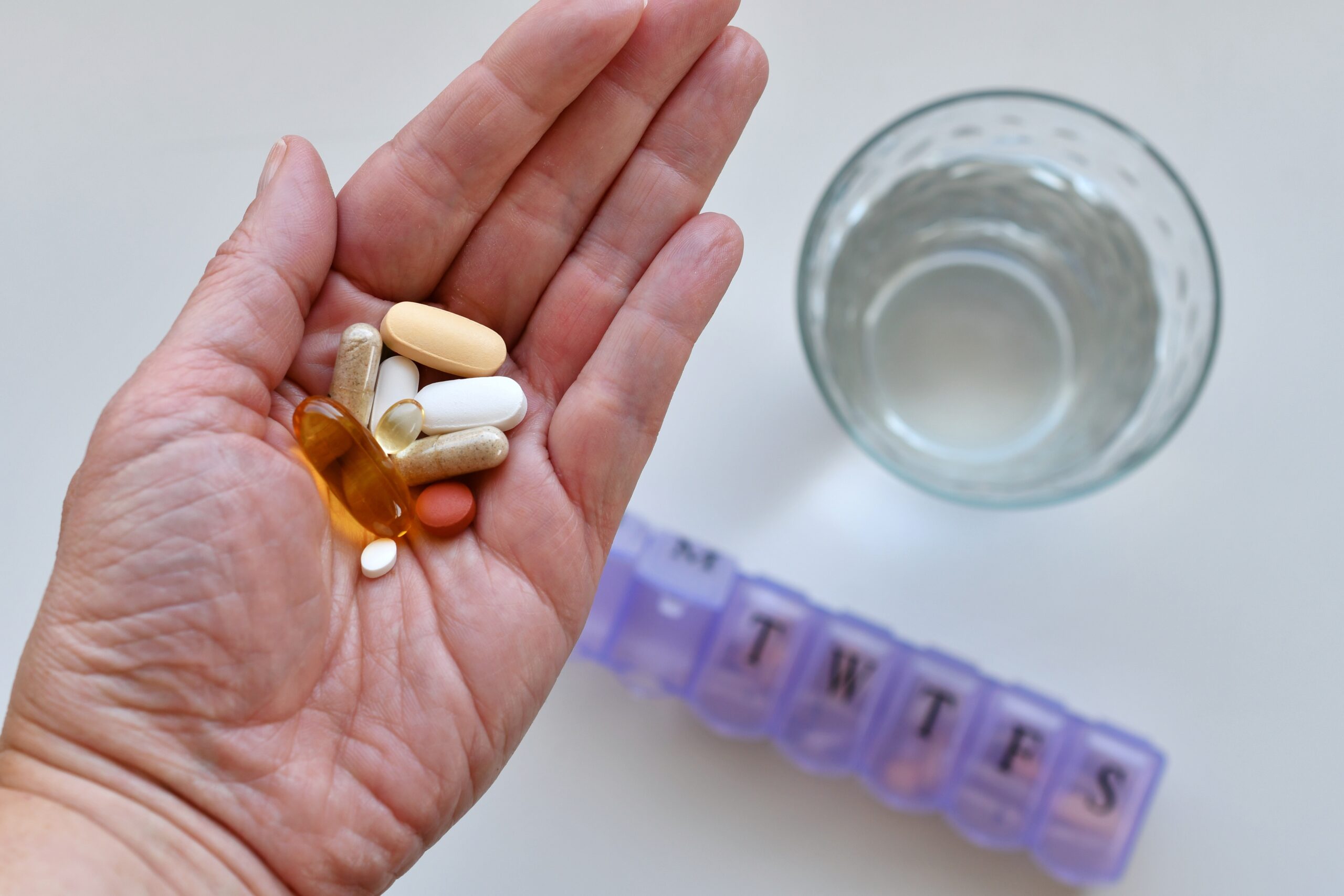In a concerning trend, Japan is witnessing a rising crisis among its young women, who are turning to over-the-counter drugs to numb their emotional pain
TOKYO (ANN/THE JAPAN NEWS) – Late last year, a 24-year-old woman in Chiba Prefecture was rushed to the hospital after ingesting almost 100 cold-medicine pills. The woman recounted how she had been experiencing marital difficulties and, with divorce looming, felt emotionally cornered.
“I don’t even care if I die,” she recalls thinking as she uncapped the pill bottle. Repeatedly guzzling tablets by the handful, her tongue began to swell and she gradually lost consciousness.
The woman eventually came to in hospital, feeling extremely nauseous after having her stomach pumped. It was not the first time for her to ingest a life-threatening quantity of OTC drugs.

Young women in Japan are increasingly abusing over-the-counter (OTC) drugs, according to a research group from the country’s Health, Labour and Welfare Ministry, with females accounting for 80 per cent of the 122 people taken to hospital in connection with OTC drugs between May 2021 and December 2022.
The average age of respondents were 25.8 years old, and the ready availability of information on the internet is believed to play a role in the issue of over-the-counter drug abuse.
Painful emotions
The woman eventually came to in hospital, feeling extremely nauseous after having her stomach pumped. It was not the first time for her to ingest a life-threatening quantity of OTC drugs.
Toward the end of her sophomore year of high school, she had found herself struggling with family- and friendship-related issues.
While online, she encountered a number of posts on X (formerly known as Twitter) that made such claims as: “You can forget about troublesome things (if you overdose on OTC drugs),” or “You can feel fluffy and comfortable (by taking more than the medically advisable amount of OTC drugs).”
“Encouraged” by such posts, she swallowed — on several different occasions — an excess of pills in hopes of escaping from the troubles of her daily life.
The woman, who is currently undergoing psychological counselling, says she now strongly desires to break free from her drug-related problems.
“I don’t want to go through that kind of pain anymore,” she said. “Once you get involved, it’s difficult to get out.”

Meanwhile, 43-year-old Shizuka Yuasa offers support to troubled youngsters and their families based on her own experience of OTC drug addiction.
Since mid-2021, Yuasa has opened a room in her home where she receives more than 20 visits a month from concerned families — mostly parents with children in junior high and high schools.
Yuasa says many people tend to avoid outpatient treatment over concerns about public perception and the possible impact of such problems on their — or their children’s — careers.
“When people overdose, it’s a signal that they need help,” Yuasa said. “I’d like it if (such people) could talk to their families, seek medical attention and lean on support services to alleviate their concerns.”
A novel survey
According to the ministry’s research group, the survey — the first of its kind — was conducted at seven medical institutions nationwide, including Saitama Medical University. The results were released this year.
Of the 122 people who were taken to hospital due to OTC-related issues, 59.8 per cent had nausea, vomiting and abdominal pain, while 44.3 per cent experienced central nervous system-related phenomena, including hallucinations.
Of these 122 people, 92.6 per cent were hospitalised and 56.6 per cent were treated in intensive care units.

By gender, 25 were male and 97 were female. By age, 50 individuals were in their 20s, and 43 were between 10 and 19, accounting for about 80 per cent of the people transported to hospital.
“Unlike stimulants and other (illicit) drugs, (over-the-counter pills) aren’t illegal, which has led to many young people overdosing,” said Yoshito Kamijo, who heads the research group and leads the university’s clinical addiction centre.
“Interpersonal relationships weakened due to the pandemic, and many people seem to have learned about OTC-drug overdoses while surfing the internet.”




